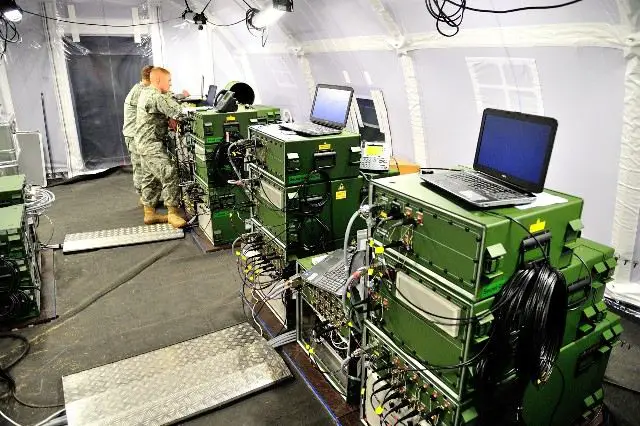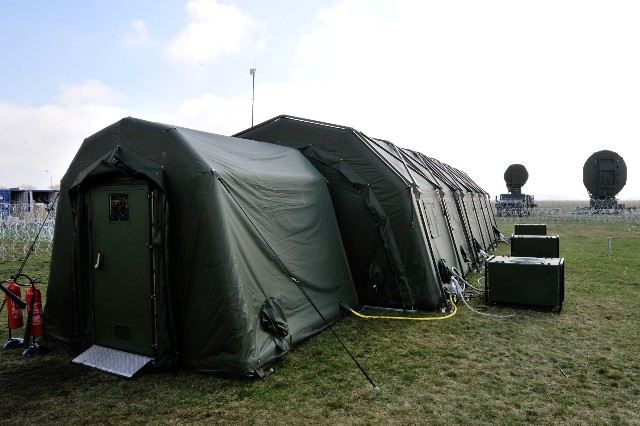Breaking news
Airbus Defence & Space has conducted live trials new mobile communication system for NATO NRF 101414.
| a | |||
Defence & Security Industry News - Airbus Defence and Space |
|||
| Wednesday, December 10, 2014 10:13 AM | |||
| Airbus Defence & Space has conducted live trials new mobile communication system for NATO NRF. | |||
Airbus Defence and Space has conducted live trials of a new mobile communications
system used by the NATO Response Force (NRF) to see if it could establish
the system on the frontline in under 72 hours - it was up and running
in just 12 hours. |
|||
 |
|||
The
NATO Deployable Communications Information System (DCIS) is a high profile
joint initiative that has seen Airbus Defence and Space work to provide
the NRF with cutting edge technology – both voice and data - to
significantly improve their ability to communicate with other troops and
with headquarters across the world. |
|||
 |
|||
It
was carried out in sub-zero temperatures which can often prove challenging.
Airbus Defence and Space supplied tents (above) to house the equipment
which are fully proofed against biological and chemical attack with state-of-the-art
air filtration and circulation systems. Airlocks are positioned at the
entrance to the tent.
Key
findings: |
|||

























